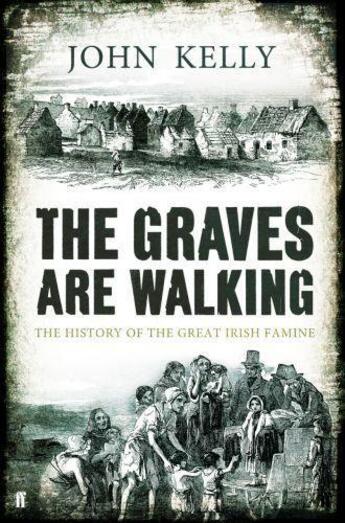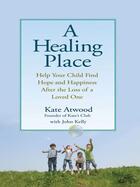-
Nombre de pages : (-)
-
Collection :
(-)
-
Genre :
(-)
-
Thème :
Non attribué
-
Prix littéraire(s) :
(-)
Résumé:
The Irish famine that began in 1845 was one of the nineteenth century's greatest disasters. By its end, the island's population of eight million had shrunk by a third through starvation, disease and emigration. This is a brilliant, compassionate retelling of that awful story for a new ... Voir plus
The Irish famine that began in 1845 was one of the nineteenth century's greatest disasters. By its end, the island's population of eight million had shrunk by a third through starvation, disease and emigration. This is a brilliant, compassionate retelling of that awful story for a new generation - the first account for the general reader for many years and a triumphant example of narrative non-fiction at its best.The immediate cause of the famine was a bacterial infection of the potato crop on which too many the Irish poor depended. What turned a natural disaster into a human disaster was the determination of senior British officials to use relief policy as an instrument of nation-building in their oldest and most recalcitrant colony. Well-meaning civil servants were eager to modernise Irish agriculture and to improve the Irish moral character, which was utterly lacking in the virtues of the new age of triumphant capitalism. The result was a relief programme more concerned with fostering change than of saving lives.This is history that resonates powerfully with our own times.
Donner votre avis















